Picture this: It's 7 PM, dinner dishes are still in the sink, your child is having a meltdown about screen time limits, and you just snapped at everyone because you're exhausted. As you tuck your little one into bed later, that familiar ache settles in your chest—the one that says you should have handled everything better.
Sound familiar? That ache has a name: mom guilt. And if it's become your constant companion, it's time we had an honest conversation about why it exists and how to finally put it down.
Understanding the Weight You're Carrying
Mom guilt isn't simply feeling regret when we make mistakes—that's normal and healthy. Real mom guilt is the crushing weight of believing we're perpetually falling short, no matter how hard we try. It's the voice that critiques every decision, from the organic snacks we forgot to buy to the extra hour of screen time we allowed on a tough day.
This guilt feeds on comparison and thrives on the impossible standard that mothers should be endlessly patient, perpetually prepared, and magically able to meet every need without ever feeling overwhelmed or frustrated. It's the belief that our children's every struggle reflects our failure as parents.
Reasons Behind Mom Guilt
Information Overload: We have access to more parenting advice, research, and "expert" opinions than any generation before us. While knowledge can be empowering, it can also create paralysis and self-doubt when every choice feels loaded with potential consequences.
The Comparison Trap: Social media offers us carefully curated glimpses into other families' lives, creating an illusion that everyone else has figured it out while we're stumbling in the dark.
Shifting Expectations: Many of us are navigating motherhood without the extended family support systems previous generations relied on, while simultaneously facing pressure to excel in careers, maintain relationships, and somehow still have time for self-care.
The Mental Load: Beyond the visible tasks of parenting, mothers often carry the invisible burden of remembering, planning, and coordinating family life—a cognitive load that's exhausting and rarely acknowledged.
The Cost of Carrying This Weight
Mom guilt doesn't just make us feel bad—it actively undermines our ability to parent effectively. When we're consumed with self-criticism, we're less present with our children. When we're trying to compensate for perceived failures, we often overcompensate in ways that aren't helpful. And when we're running on empty because we refuse to prioritize our own needs, we have less to give everyone else.
Your children don't need a perfect mother. They need a real one—someone who shows them that adults make mistakes, learn from them, and keep trying. They need someone who models self-compassion and demonstrates that our worth isn't tied to our productivity or our ability to never struggle.
Practical Steps to Lighten the Load
Redefine Success: Instead of measuring your worth by how smoothly everything runs, measure it by moments of connection, laughter, and growth—both yours and your children's.
Practice the 80% Rule: If something is 80% good enough, it probably is. The dishes can wait. The perfectly balanced meal can be a simple sandwich and some fruit. Your love and presence matter more than perfection.
Challenge the Voice: When guilt creeps in, ask yourself: "Would I speak to my best friend this way if she were in my situation?" Then extend yourself the same compassion.
Build Your Village: Connect with other parents who keep it real. Share the struggles alongside the victories. You'll quickly discover you're not alone in this messy, beautiful journey.
Set Boundaries with Information: Limit exposure to parenting content that makes you feel inadequate. Unfollow accounts that trigger comparison. Trust your instincts more than the internet.
The Bottom Line
Overcoming mom guilt doesn't mean you stop caring about being a good parent. It means recognizing that you're human, parenting is hard, and your kids benefit more from your authenticity than your perfection. It's found in the thousands of small ways you show up every day—especially when it's hard.
You're doing better than you think.
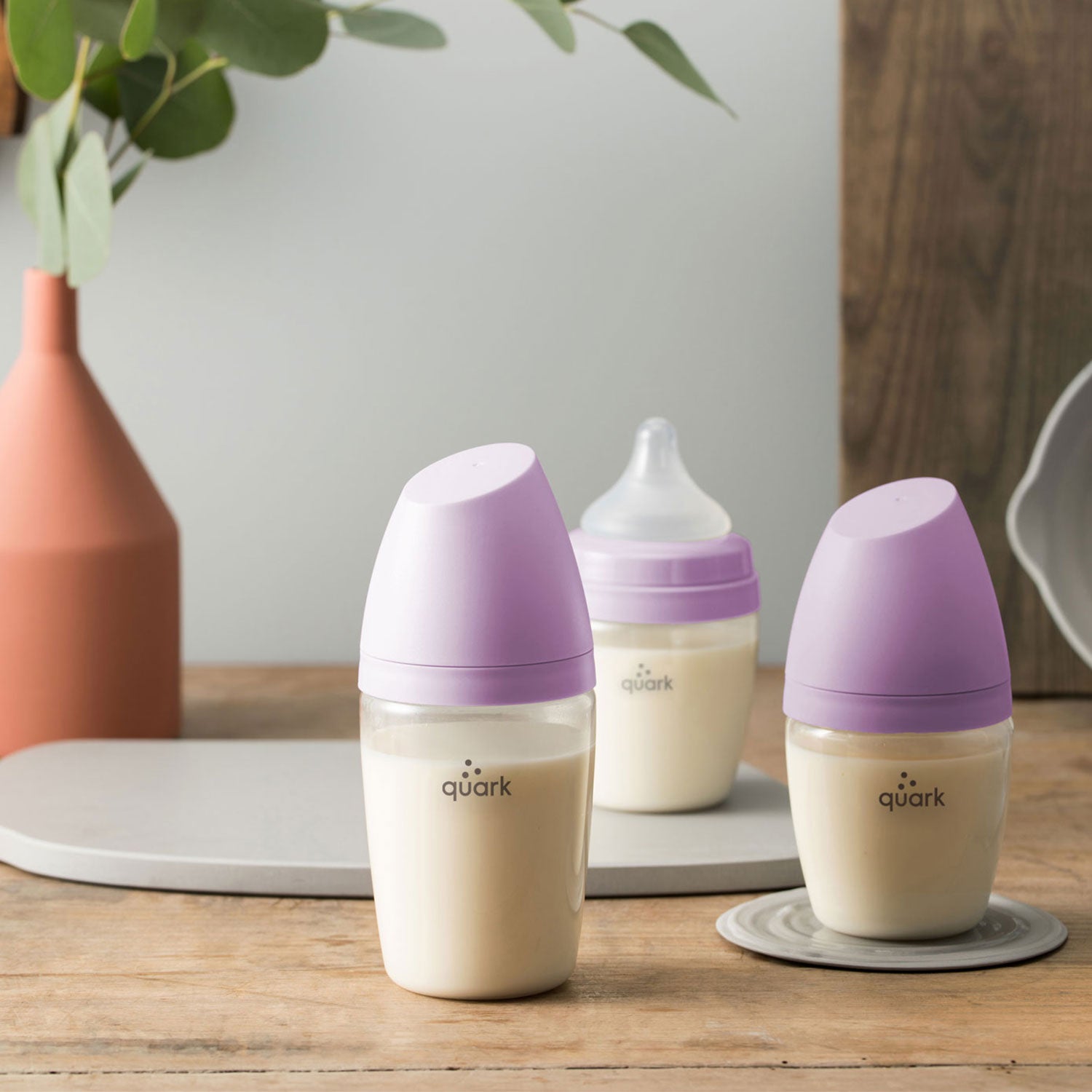
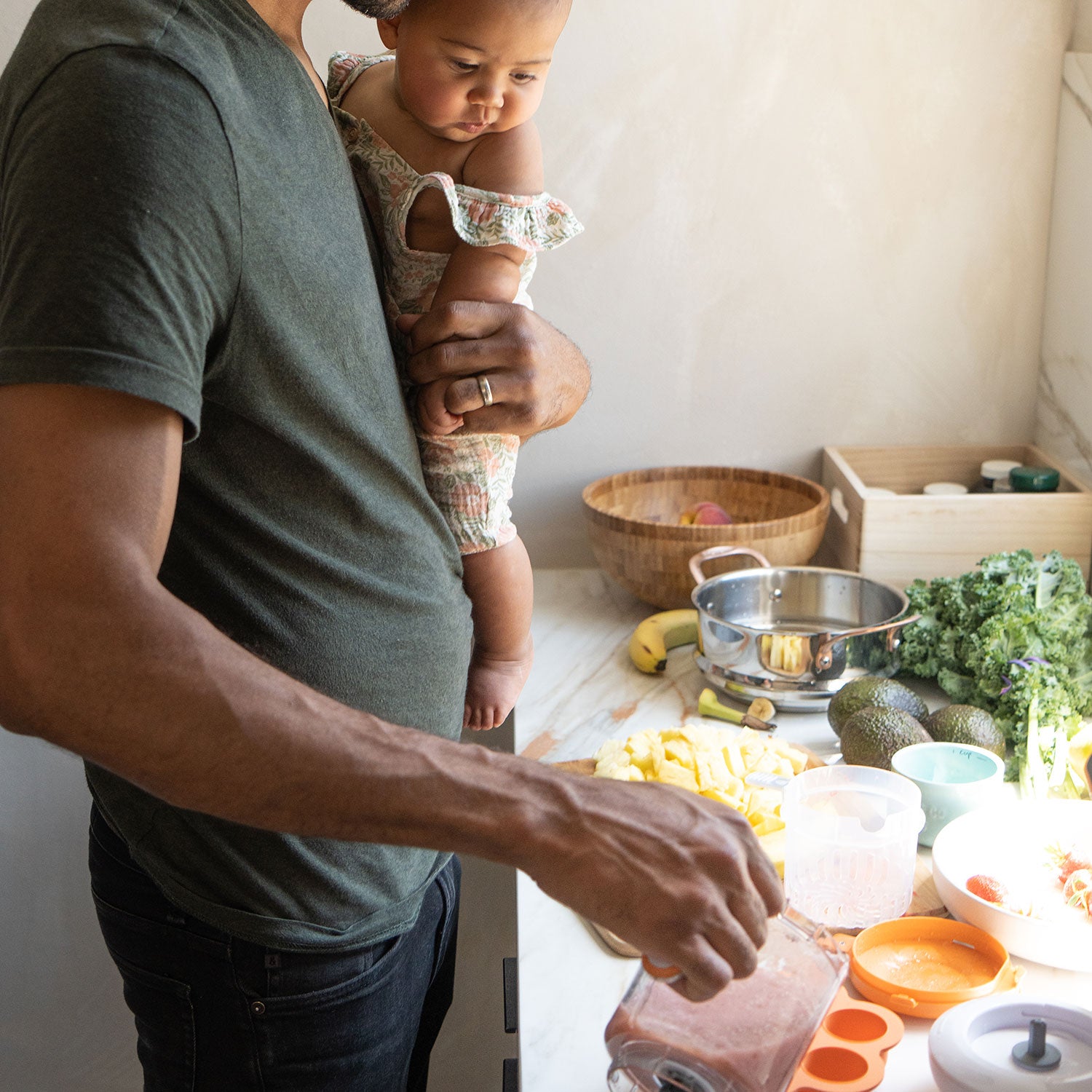

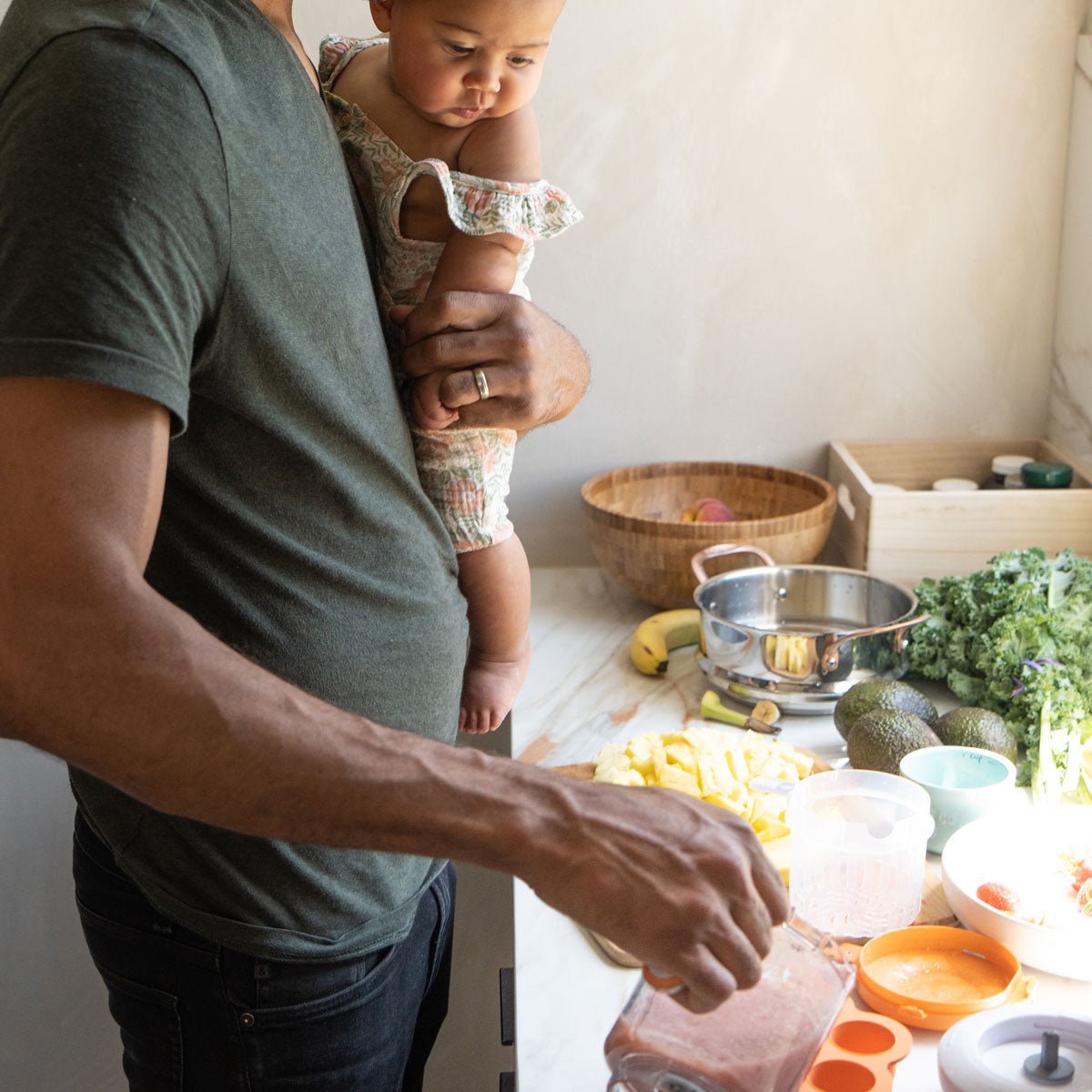



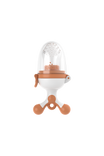
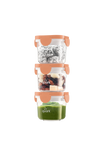


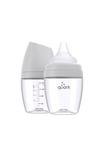
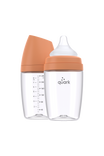
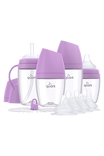
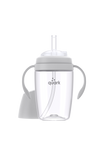
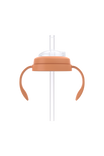
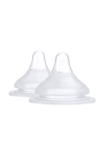
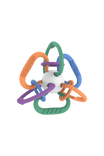

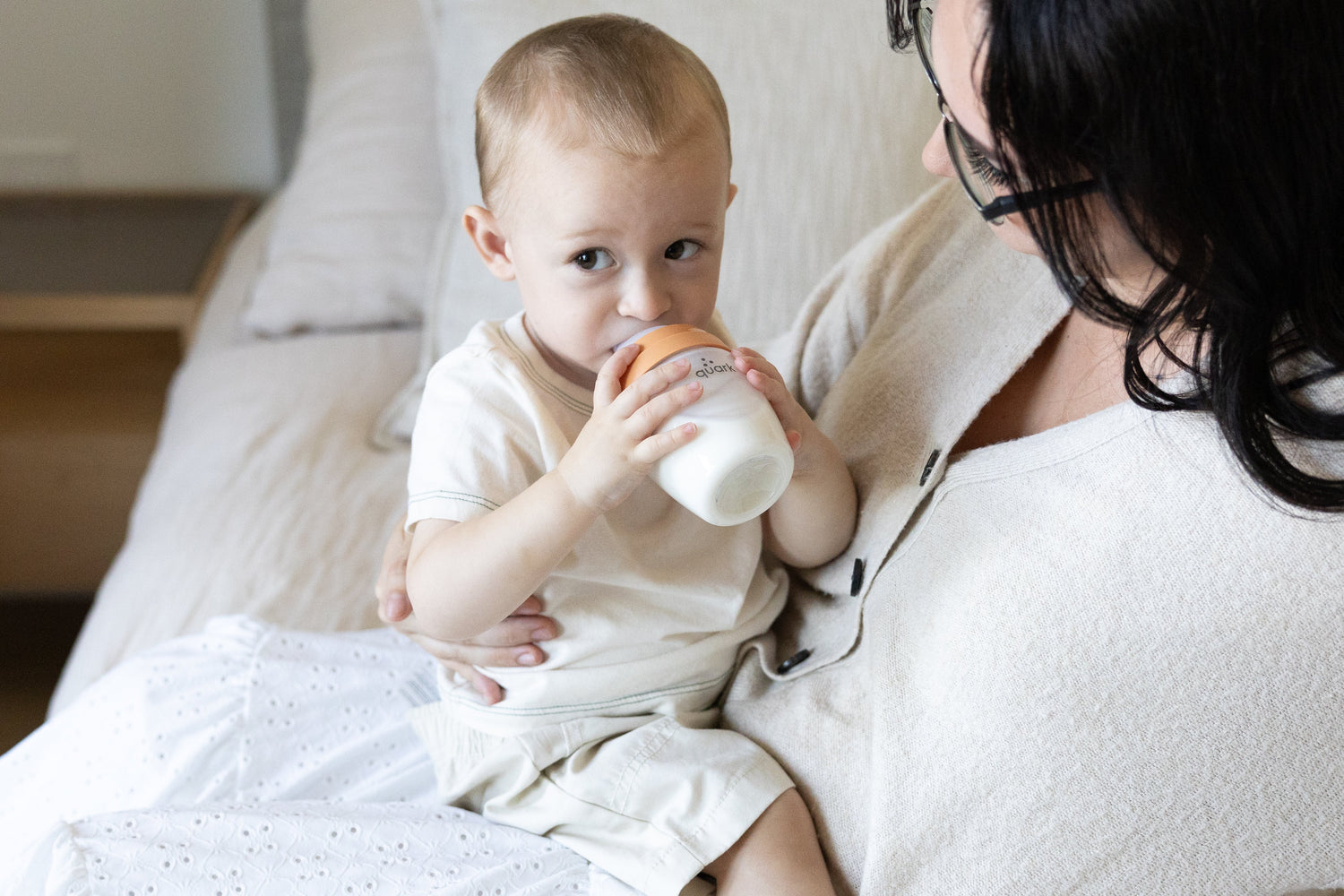

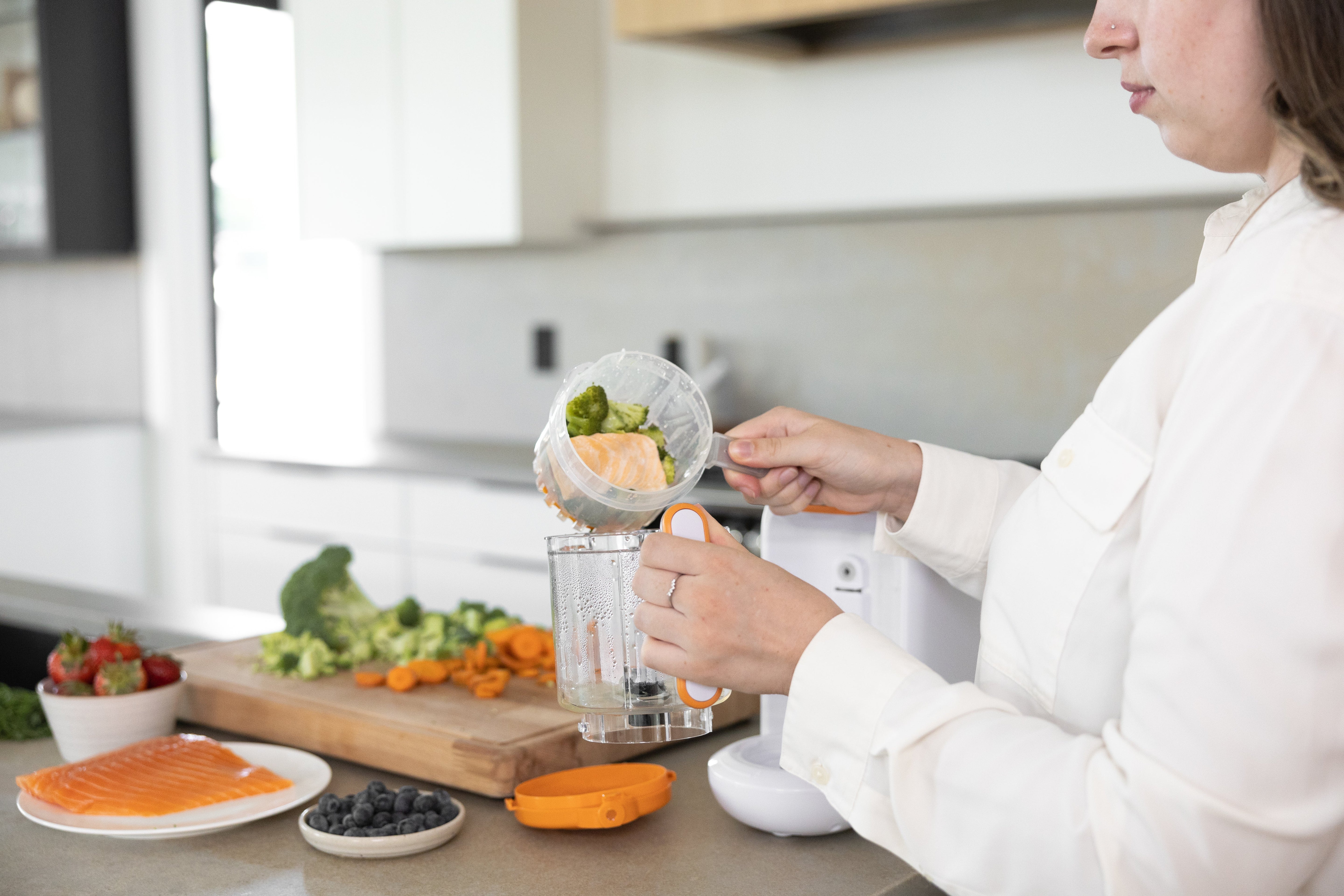
Leave a comment
All comments are moderated before being published.
This site is protected by hCaptcha and the hCaptcha Privacy Policy and Terms of Service apply.